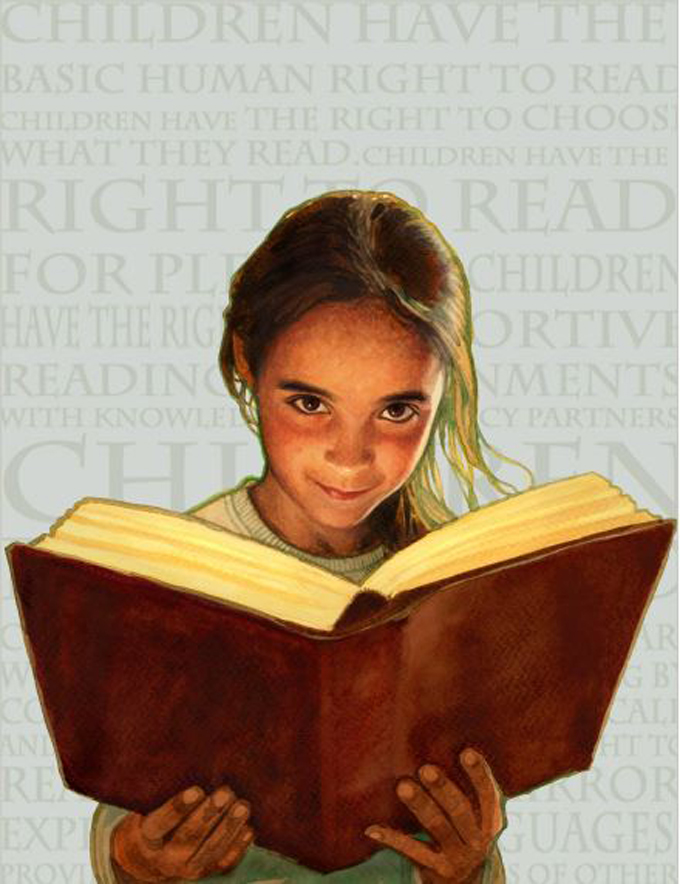 Fifty-two years ago, the United Nations Educational, Scientific and Cultural Organization (UNESCO) officially declared September 8 International Literacy Day, with the goal of highlighting literacy as a human rights issue.
Fifty-two years ago, the United Nations Educational, Scientific and Cultural Organization (UNESCO) officially declared September 8 International Literacy Day, with the goal of highlighting literacy as a human rights issue.
But despite some gains made since then, a staggering 750 million people around the world today, two-thirds of them women, do not have a grasp of basic literacy skills.
“Reading enables the individual to function in society,” says Bernadette Dwyer, president of the Board of Directors of ILA. “More important, reading enriches the personal, social, cultural, and aesthetic dimensions of the individual.”
That’s one reason why, in 2018, the ILA Board of Directors convened a task force charged with developing the Children’s Rights to Read project. This task force incriluded literacy educators, researchers, and advocates from Australia, Ireland, Japan, Russia, and the United States.
Together, they crafted a list of 10 Rights, of equal importance, that every child deserves. Among them: the right to read for pleasure; to access texts in print and digital formats; and to collaborate with others locally and globally.
Children’s Rights to Read approaches literacy from a perspective of equity and social justice. It demands that every child have access to the education, opportunities, and resources needed to read. In short, it outlines a roadmap for empowering every child to reach his or her full potential.
“We must continue to work toward the goal of an equitable education for all,” says Dwyer. “Issues of equity, equality of opportunity, quality of instruction, and social justice should permeate all that we do to ensure that every child has the opportunity to learn to read.”
Children’s Rights to Read kicks off a global, yearlong campaign aimed at protecting these 10 fundamental Rights. Using social media as a launch pad, the campaign will galvanize educators, policymakers, and literacy partners to align for a common purpose.
As part of the ongoing campaign, ILA will be developing and distributing practical resources that educators can use to enact these Rights in their classrooms, schools, and communities. The first, The Case for Children’s Rights to Read, is available now.
Using our combined voice and the strategic tools at our disposal, we can bring awareness to this cause, influence public policy, and create needed change.
Visit literacyworldwide.org/rightstoread to download the Children’s Rights to Read and sign on in support. To join the conversation, use the #RightsToRead hashtag.
Alina O'Donnell is the communications strategist at ILA and the editor of Literacy Daily.